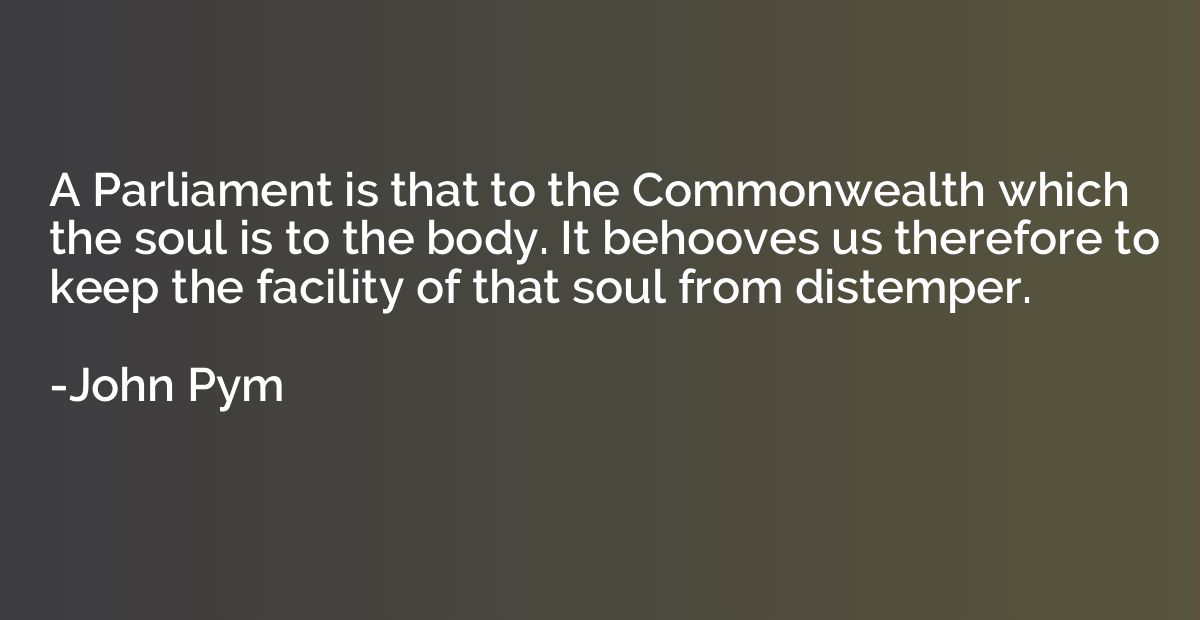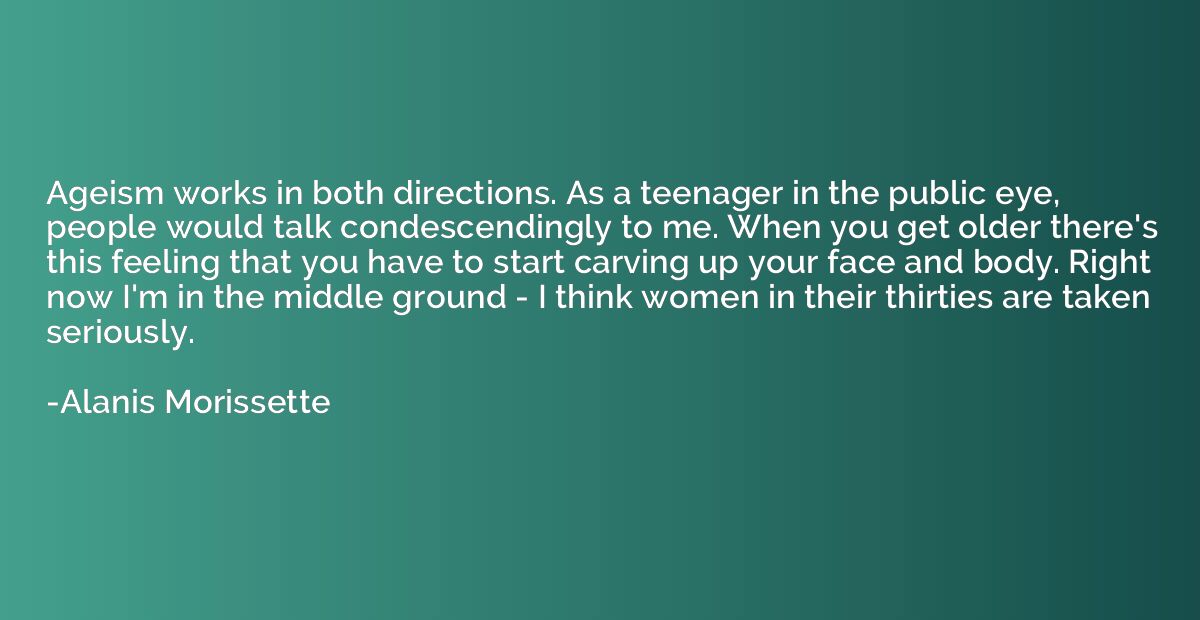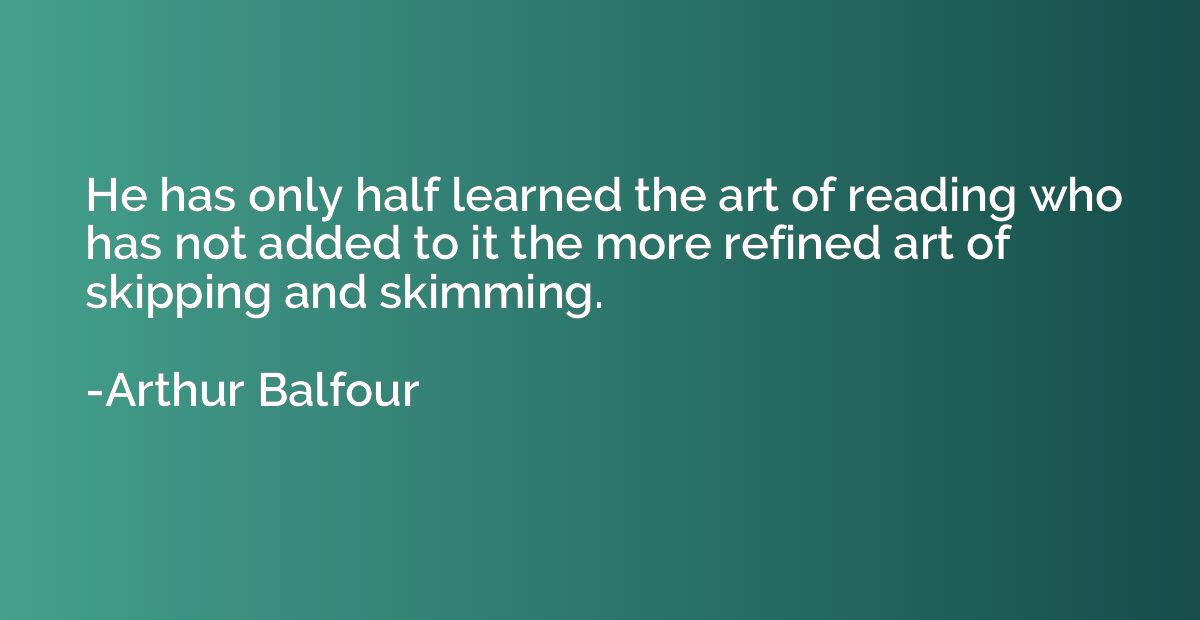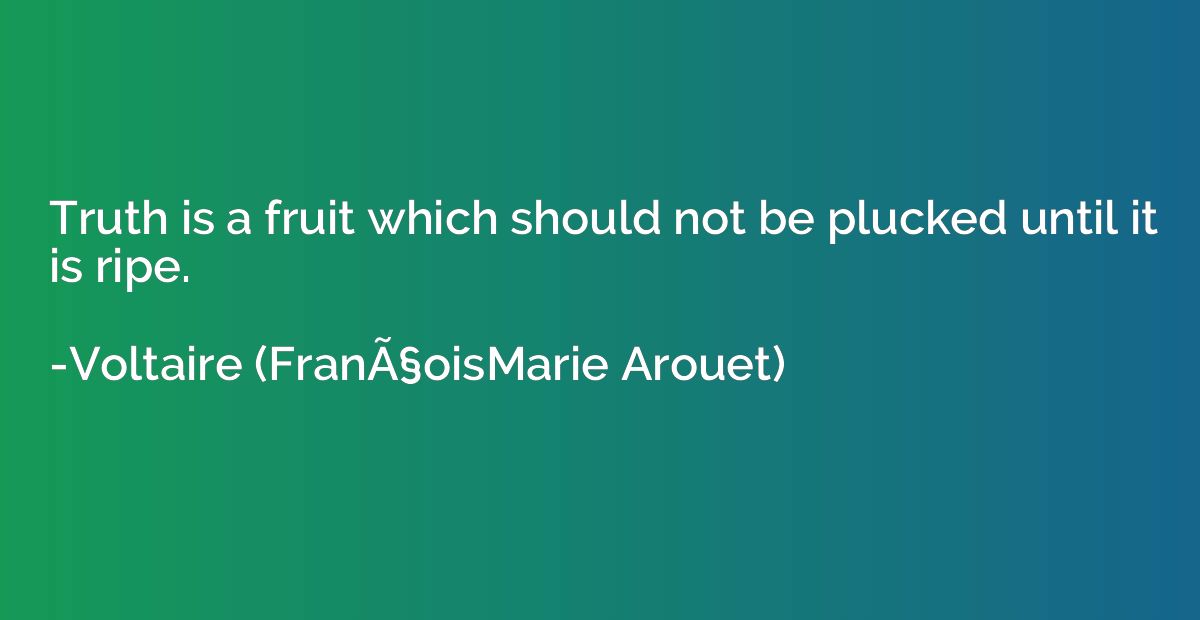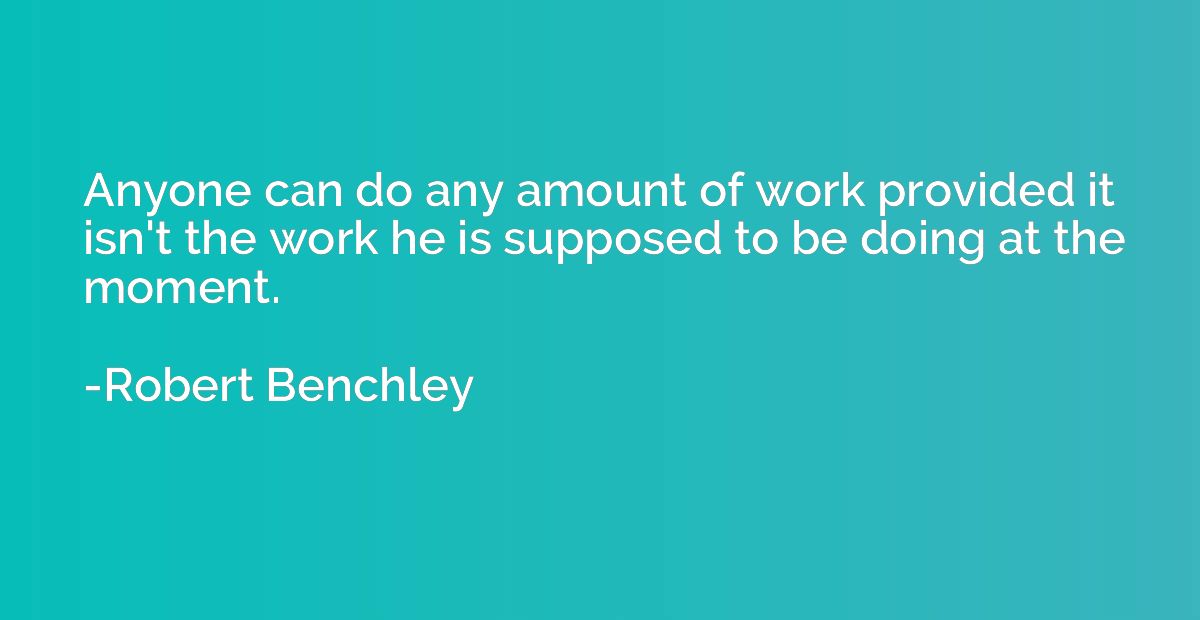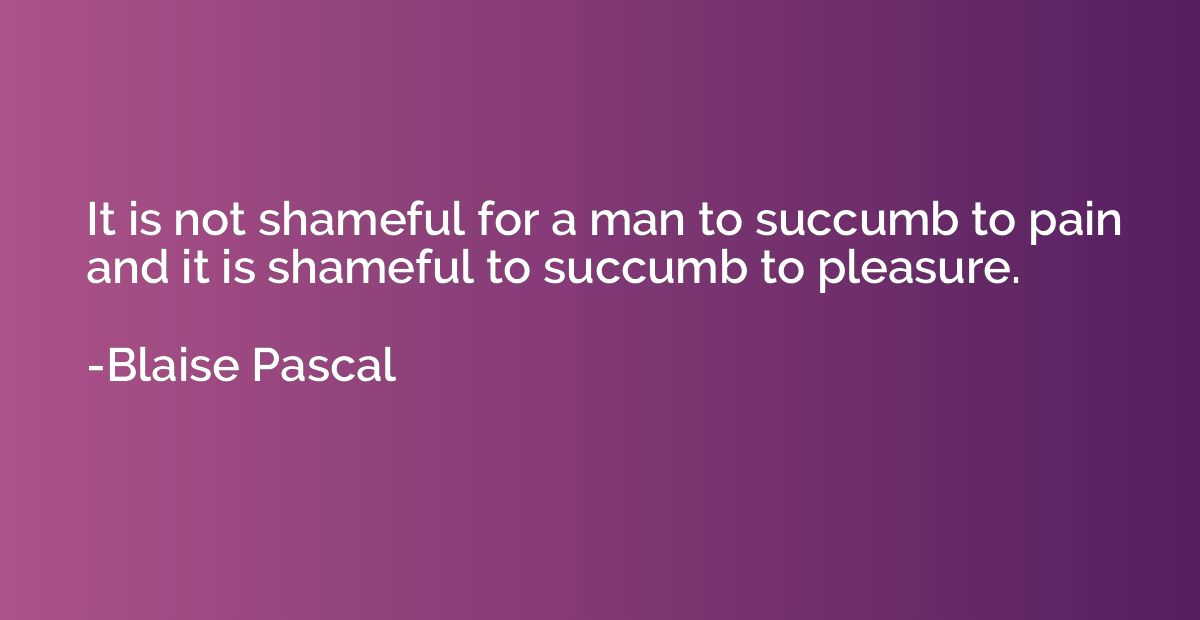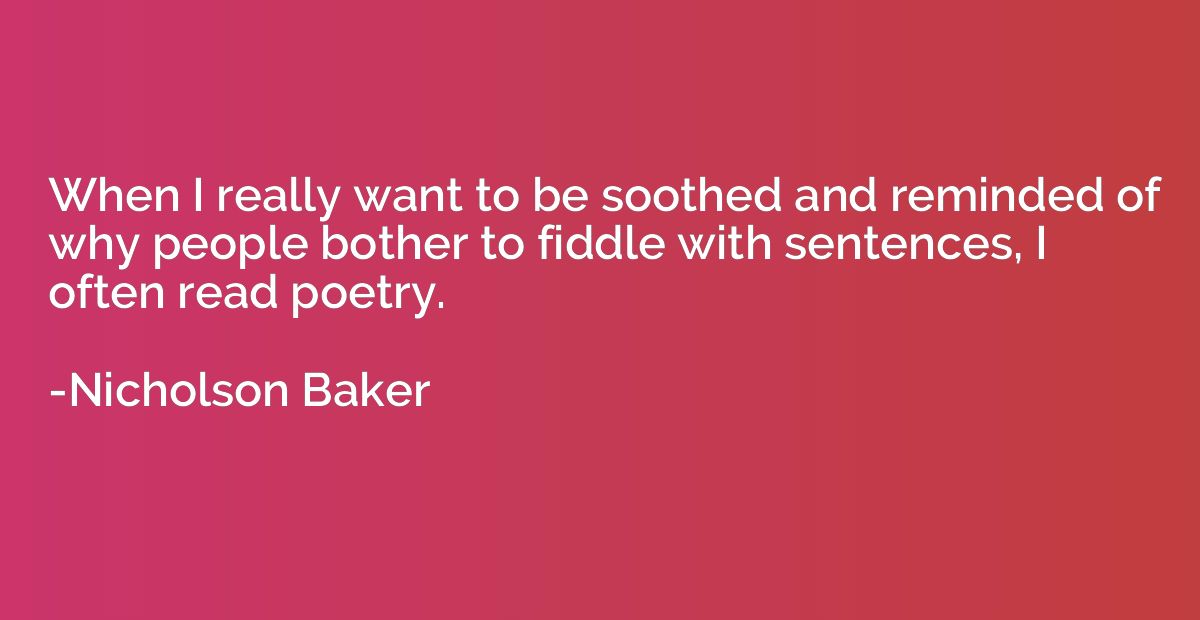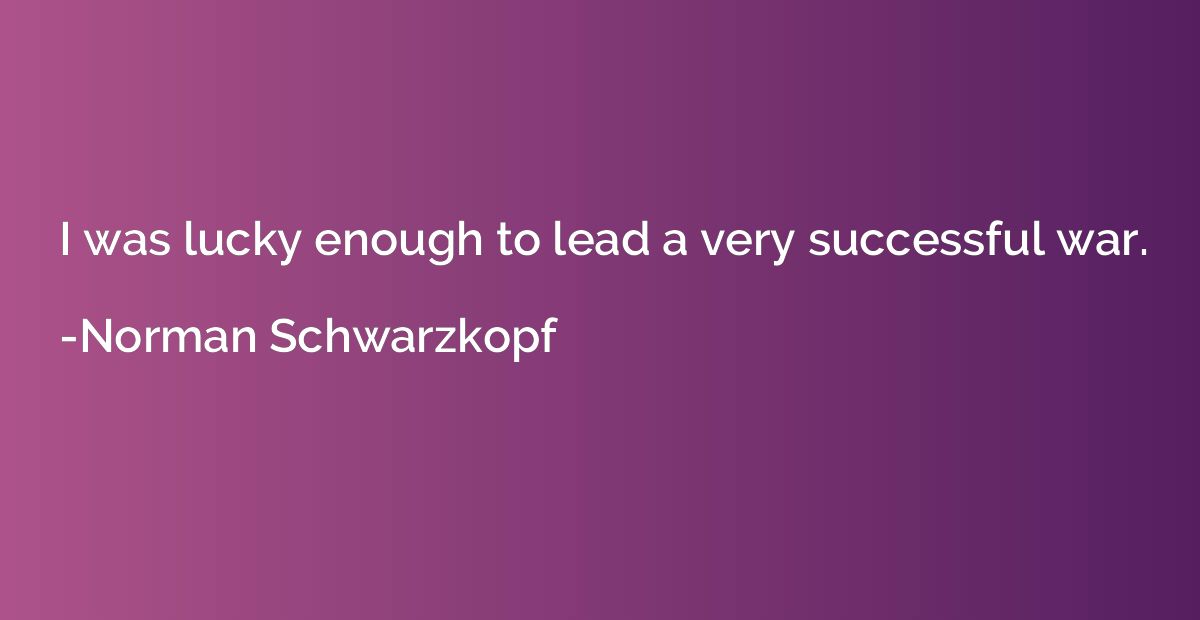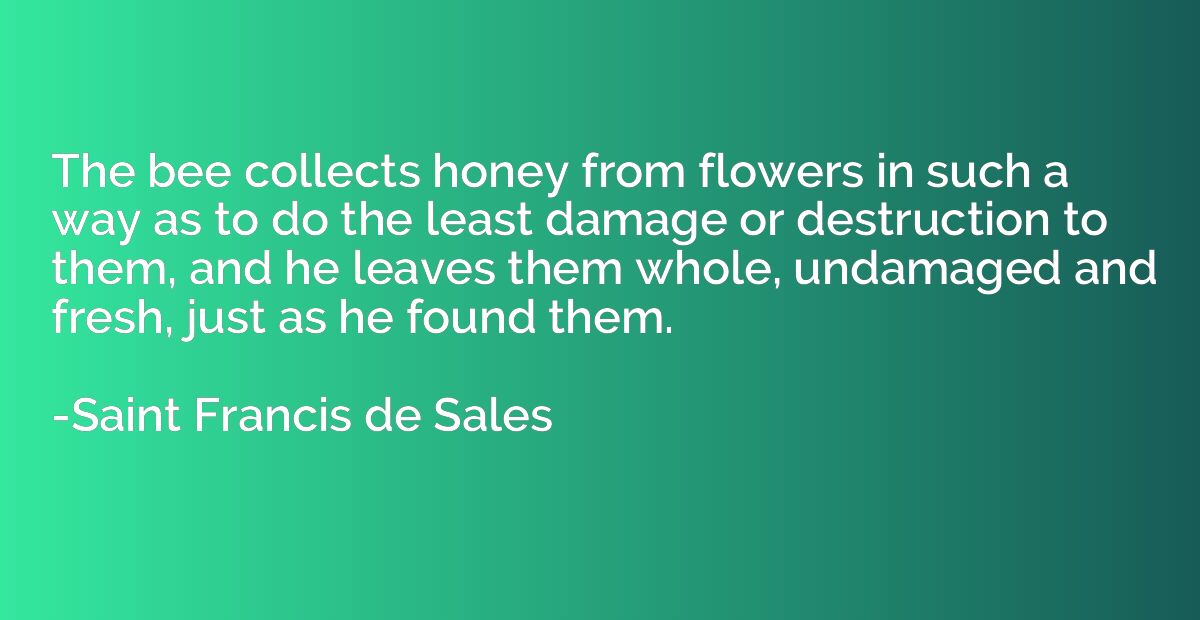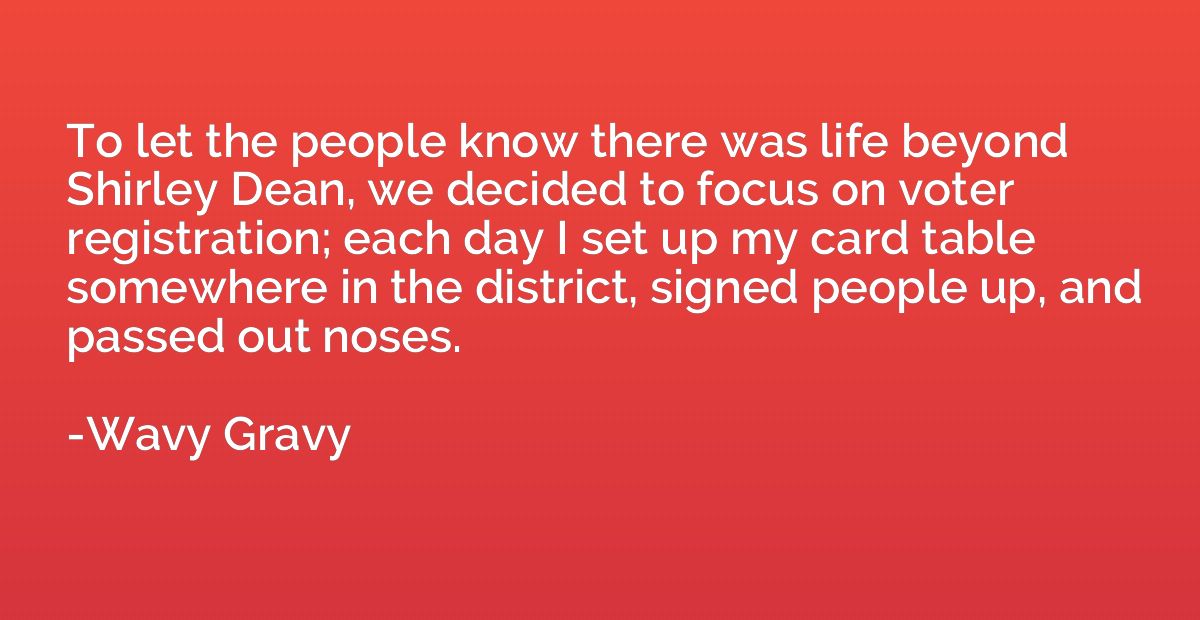Quote by James Laughlin
Of course a poem is a two-way street. No poem is any good if it doesn't suggest to the reader things from his own mind and recollection that he will read into it, and will add to what the poet has suggested. But I do think poetry readings are very important.
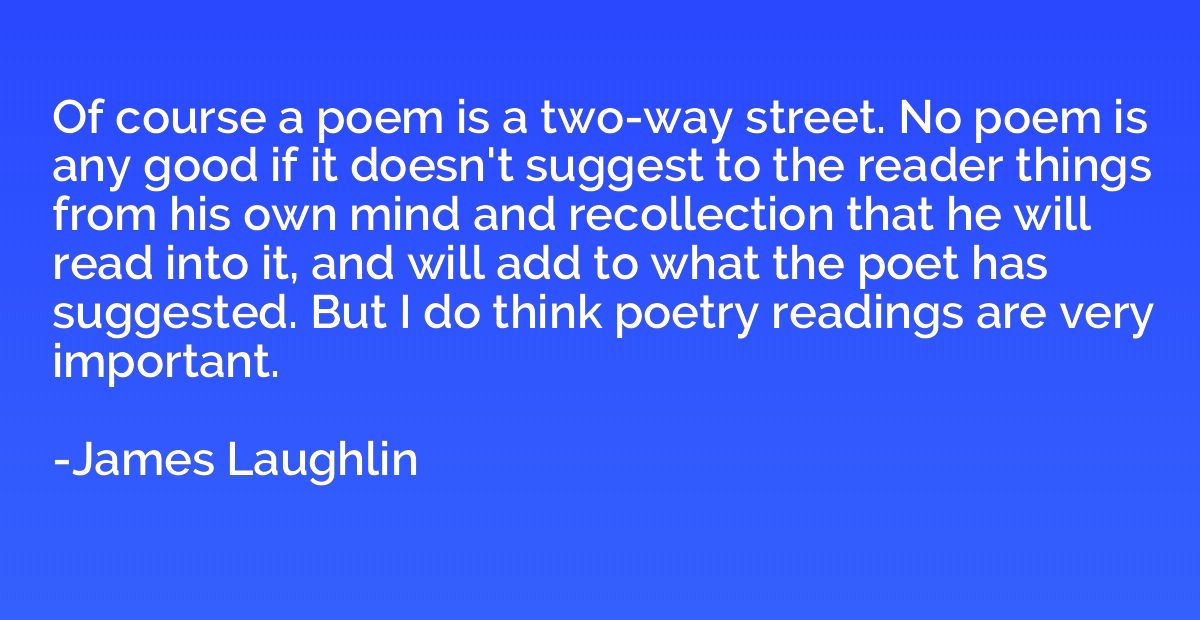
Summary
This quote highlights the interactive nature of poetry. It emphasizes that a poem is not complete without the reader's interpretation and personal connection to it. The poet acknowledges that readers bring their own memories and experiences, adding depth to the poem's meaning. Additionally, the quote asserts the significance of poetry readings in fostering this connection between the poet's words and the audience, creating a space for shared emotional or intellectual experiences.



